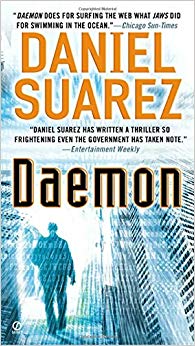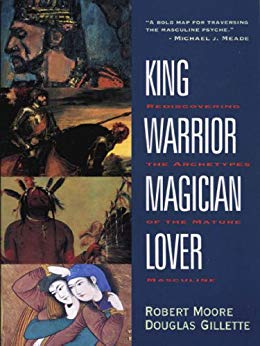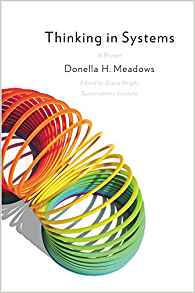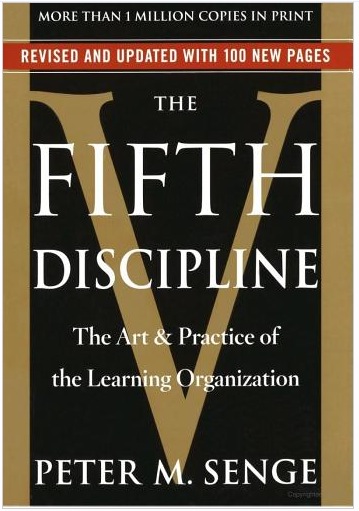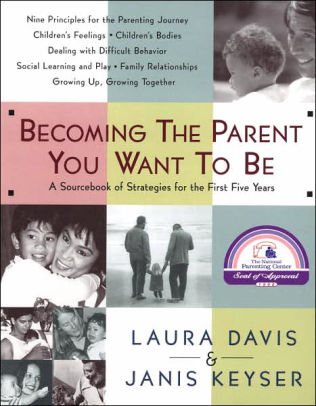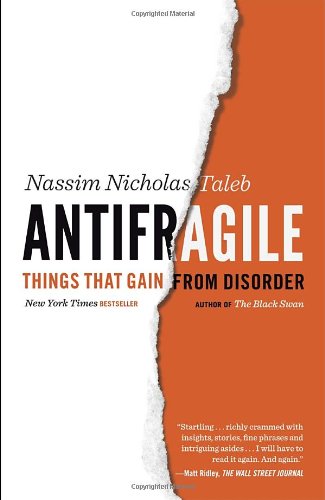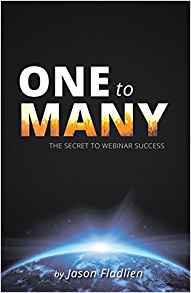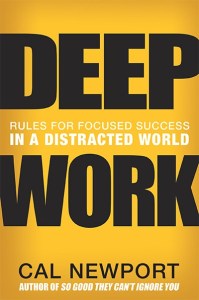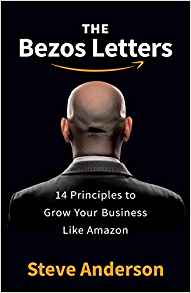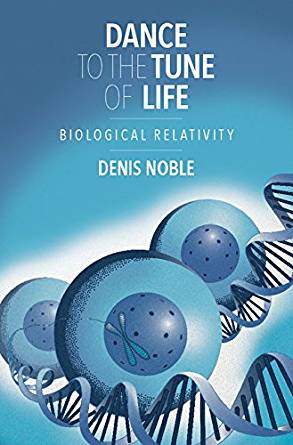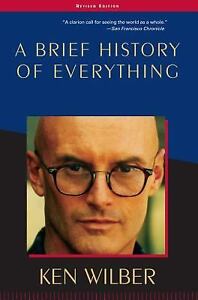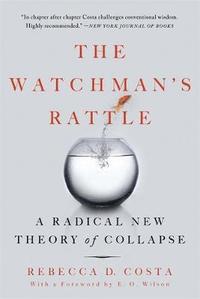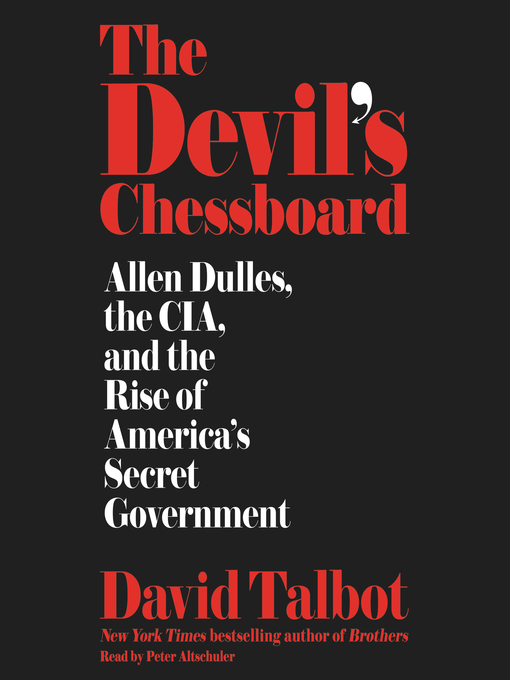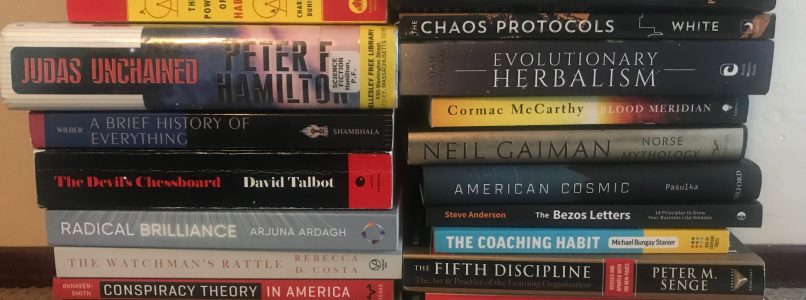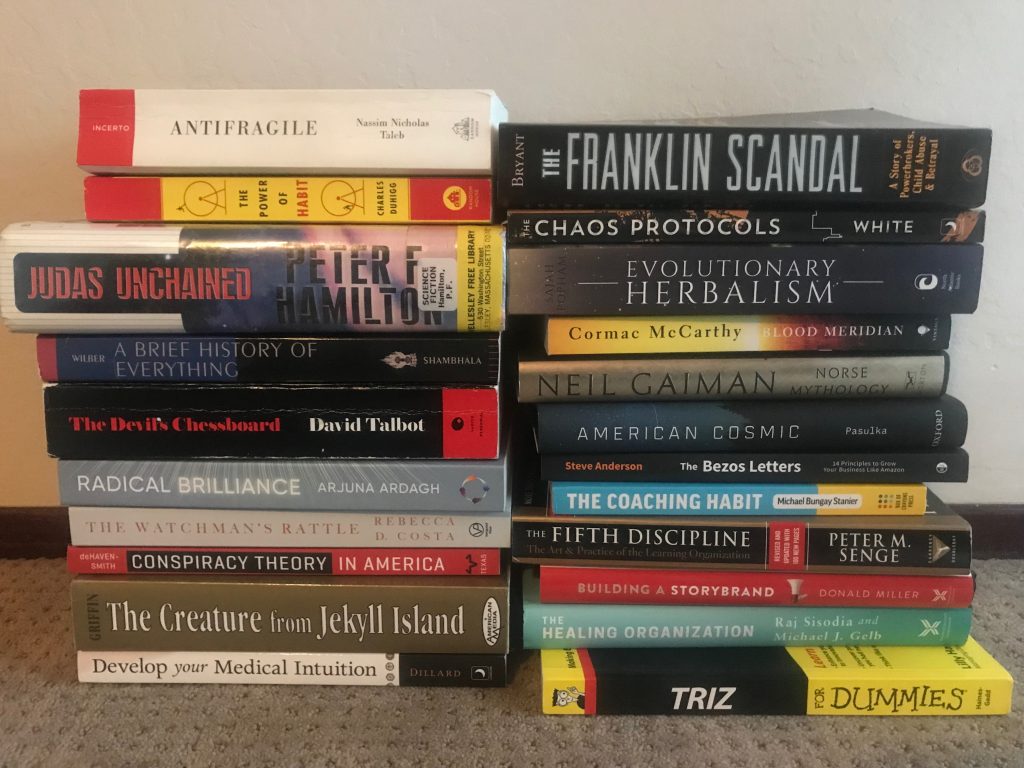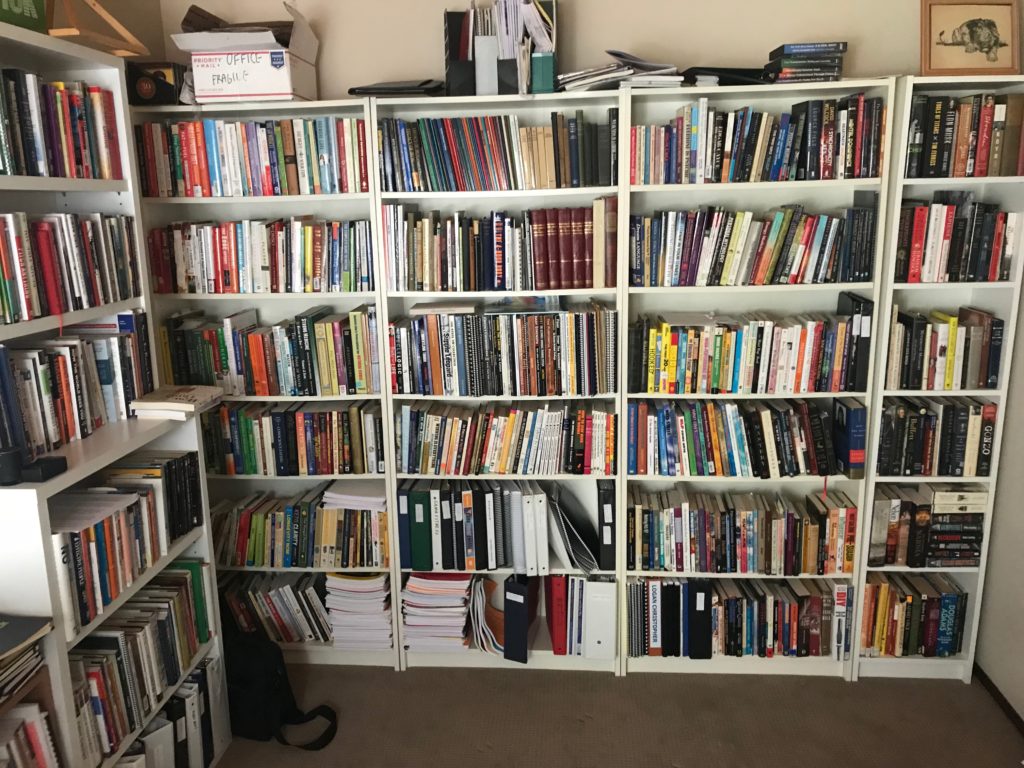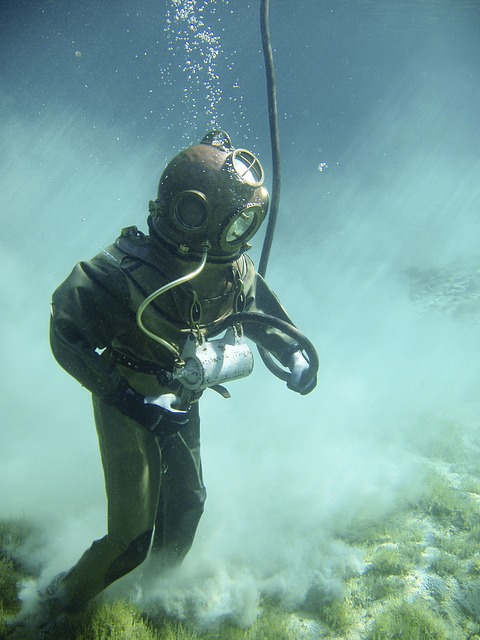Out of the 111 books I read last year, here are some of the highlights. I’ll be saving my #1 book of the year for the following post. And if you missed it, the full list can be found in the previous post here.
With reading this many books it is possible to read quite a few around different topics. I like to consider these “Deep Dives“. These included:
- All of Nassim Nicholas Taleb’s books (and I’ll likely re-read some next year)
- Masculinity
- Magick, specifically chaos magick
- Systems thinking (including reading Thinking in Systems twice)
- Conspiracy (aka history and biography)
- Habits (in preparation of my release of HabitsOnDemand.com)
- Medical intuition
A number of these will be addressed a bit more below.
Favorite Fiction Book of the Year
I only read ten fiction books this year. Most of which were Sci-Fi but not all.
It’s hard to call out a favorite of these as there were some great ones! Notable runner ups were Gates of Fire, Blood Meridian and Pandora’s Star. (The Brothers Karamazov was really good too…but it did take several hundred pages before I was really hooked. Actually the same for Pandora’s Star but the payoff at the end was worth it.)
But the award goes to Daemon by Daniel Suarez. (With the sequel Freedom™️ being right up there.)
This book has a bunch of themes that are currently present in our world and seeing them play out in a really fascinating way was great. It was also relatively short compared to some of the other monstrous novels I read.
Tip: A while back I searched for a list of top 100 science fiction books and used that to identify many titles, I’ve been reading the past couple of years. Working my way through the books that stood out to me on such a list is one reason I’ve been reading so much science fiction.
Favorite Book on Masculinity
King Warrior Magician Lover by Robert Moore and Douglas Gillette
In the early part of the year I felt drawn to dive deeper into the topic of masculinity. One of my favorite articles I wrote all year was Masculinity Forged in the Gym. It’s worth reading, and covers the four archetypes mentioned here too.
I re-read a bunch of books I already had on the topic and got some new ones. Of them all, this one is my favorite. I find it a useful framework of archetypes to work with. (And truthfully, it can work for women just as well too, simply sub out King for Queen.) This led me a bit deeper into Robert Moore’s work including the topic of initiation which is interesting too.
Favorite Books on Systems Thinking
Thinking in Systems by Donella H. Meadows
2019 was the year I got into systems thinking. And I’m kicking myself for not diving in sooner! For a long time I have thought about systems, but I finally found some great books on the topic.
Thinking in Systems is a short read. But it is so good that I read it twice in 2019. I don’t think I’ve ever read a book twice in one year, so that is saying something. I’ll be working further to understand and utilizing the Systems Traps/Opportunities and Leverage Points covered here.
The Fifth Discipline by Peter M. Senge
And I can’t not mention The Fifth Discipline as well. This is a business book and covers other topics too, but the section on systems thinking here is worth it alone. It gives a bit of a different take on the systems, diagramming them differently as well.
Systems thinking is so important it should be taught in school. Since for 99% of people it was not, I would encourage you to educate yourself on the topic now.
Best Book on Parenting
Becoming the Parent You Want To Be by Laura Davis & Janis Keyser
I haven’t read a whole lot on parenting, but of what I’ve read so far this is my favorite. It covers a lot. One tip I heard from another parent was to read a book about development. This helps you to know what is coming. Well, this book covers that topic quite well. And on that note, I’m sure I’ll be referring to it again and again as new ages occur and new strategies are needed.
Best Book from Taleb
Antifragile by Nassim Nicholas Taleb
I would say that all of Taleb’s books are worth reading. I read them all this past year and there is a good chance I’ll be revisiting at least some of them in 2020 as well. Highly entertaining while being highly educational.
I’ve heard several people say that different books of his are there favorites, but for me the concept of antifragility was a big aha. I’ve been talking about it ever since, like in the health sovereign podcast. It applies to strength. It applies to health. It applies to so much. And it’s not like this book just covers the one concept but so much else.
Taleb gets a high recommendation from me!
Most Useful Business Books in 2019
I’ll cover three different books here. By most useful I mean that I took the ideas and put them into action.
This book is about webinars. I did two webinars in 2019. One was before I got this book and it was all over the place. The second one was much more tightly focused using the model Fladlien lays out in the book. That was The Art and Science of Habits On Demand that I did in December.
I’d like to say I crushed it and sold a boatload…but unfortunately the audio cut out during the close which, needless to say, was not the best way to sell. Still I think the webinar went really well.
There is a lot going on in life these days. This book, is about stepping away from activity, in order to really focus on what is important. Reading this, along with some other situations, has led to me doing computer-free work days which have thus far been quite amazing. Without using a computer I’m able to focus on deep thought. I’ll likely be reading this one again at some point.
The Bezos Letters by Steve Anderson with Karen Anderson
This book shares principles gleaned from Jeff Bezos’ letters to shareowners of Amazon. There’s some great stuff in here. The distinction between type 1 and type 2 decisions (primarily, those that are reversible and those that are not) was very helpful.
In addition, it got me focused on figuring out the Flywheel for Lost Empire Herbs, which I’ll be sharing in an upcoming post. (Which happens to be a systems diagram!)
Best Science Book
Dance to the Tune of Life: Biological Relativity by Denis Noble
“There’s no privileged level of causation in biology.” -Denis Noble
I got turned onto the work of Noble from Perry Marshall (whom I interviewed recently surrounding such topics here and here.) He shared that quote at one of his seminars and I new it was important for me to learn more about.
Of Noble’s two books, this one is more recent and better. It covers a lot of similar information as Perry’s Evolution 2.0, which I highly recommend (and re-read this year). But this is a bit more technical though not overly so. And you see that a systems approach is necessary here, rather than reductionist science.
Best Mind Stretching Books
A Brief History of Everything by Ken Wilber
I found myself coming back to this distinction multiple times since reading this book. That is the four quadrants of the individual vs collective and the internal vs external. (The common thread of systems thinking runs through this, but is only a part, i.e. the external and collective.)
These in turn leads to the Good, the Beautiful and the True. This shows why Sam Harris trying to derive values from facts will not work. Incompatible quadrants.
That’s far from everything covered in this book, but a critical distinction, like I said, that I’ve been reflecting on a lot.
The Watchman’s Rattle by Rebecca D. Costa
Collapse. It’s something we are quite likely facing. So much of what we humans are doing right now is unsustainable. By definition, that means it will not sustain. We must either change such things…or we will go into some form of collapse.
This book takes a look at past civilizations, which pretty much all have collapsed to see why that happens. And basically the answer here is that the people stop being able to make sense of what is going on. Do you perceive that as going on right now? I sure see it.
I’ll be returning to this topic, but I did find this book a great way to dive in.
Best Biography Book
The Devil’s Chessboard by David Talbot
This book is about Allen Dulles, one of the early heads of the CIA.
It details how much he worked with Nazi’s after the war in his fight against the threat of communism, along with his brother John Foster Dulles, the Secretary of State during the Eisenhower administration.
It covers the CIA coups against democratically elected leaders in Iran, Guatemala and elsewhere. (Are you aware of these? They’re common knowledge outside of the US, but for some reason aren’t taught in our schools.)
This stuff is disclosed nowadays and out in the open. But it also goes into detail of some of the stuff still hidden. Seeing Truman’s response to the CIA, when he was the president that created it, was eye-opening.
“I never would have agreed to the formulation of the Central Intelligence Agency back in forty-seven, if I had known it would become the American Gestapo.”
“Now, as nearly as I can make out, those fellows in the CIA don’t just report on wars and the like, they go out and make their own, and there’s nobody to keep track of what they’re up to. They spend billions of dollars on stirring up trouble so they’ll have something to report on. They’ve become…it’s become a government all of its own and all secret. They don’t have to account to anybody.”
Former President Harry S. Truman, regarding the CIA he started
So that’s just some of my top picks from the year. Like I mentioned at the beginning, I’ll be sharing my top pick for the year in the following post.

